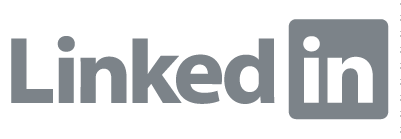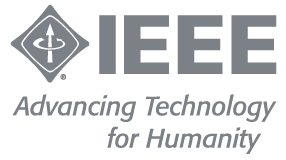It’s a fact that social media have changed our lives. But what are the cyber risks for our privacy and identity?

Thanks to the Internet first and then to social media, our relationship with the world at large changed, but also new technologies transformed our relationship with companies and public institutions. However, beyond moral considerations, a new issue has come up because of the wide use and spread of social platforms: cyber attacks.
One shouldn’t consider cyber attacks simply as viruses which block our devices. They can have different characteristics and different final goals. In addition to that, hackers, those who launch such cyber attacks, found the perfect breeding ground through social media. Platforms such as Facebook are built on the trust of their users, who ceaselessly share more or less personal posts and images on such platforms. From here hackers launch their attacks through a social engineering system, namely scams based on the confidence we give to a person who is not real. How does it work? A hacker creates a false identity aiming at stealing our personal information, which the hacker then use or sell for other scams. That’s not necessarily about money – our personal data have an important economic value.
Through multiple sharing on social media, it is extremely easy to spread malware and spyware, which also affect mobile devices. This kind of attack is able to infiltrate a malware into our devices whose functioning is consequently compromised and, in case of a spyware, the hacker is able to gather our personal data.
A different case which is also connected to the inappropriate behaviour of hackers is fake news. Despite the fact that today everyone is aware of them, fake news keep circulating online affecting and conditioning public opinion and profiting from clicks and advertisement.
But how can we solve this problem? First of all we need to know the tools that we regularly use online. The power of the Internet is to make such a great amount of information available to its users: first of all we need to inform ourselves and know both the settings and the working principles of the tools we are using. Then it is extremely useful to equip our computers with antivirus and firewalls, choose safe passwords when activating a new account, navigate on certified and safe websites, and use a safe connection such as VPN. All these instruments are recommended by cyber security professionals, an industry which is increasingly expanding. Finally, as the Internet users, we all have an important role to play in the cyber security field: we need to be aware of dangers and pay attention to way we use the net. A correct behavior will help to keep the Internet a safe place for everyone.
Stefania Grosso
*This article is the English adaptation of original article courtesy of Stefania Grosso of TechWarn.com

Thanks to the Internet first and then to social media, our relationship with the world at large changed, but also new technologies transformed our relationship with companies and public institutions. However, beyond moral considerations, a new issue has come up because of the wide use and spread of social platforms: cyber attacks.
One shouldn’t consider cyber attacks simply as viruses which block our devices. They can have different characteristics and different final goals. In addition to that, hackers, those who launch such cyber attacks, found the perfect breeding ground through social media. Platforms such as Facebook are built on the trust of their users, who ceaselessly share more or less personal posts and images on such platforms. From here hackers launch their attacks through a social engineering system, namely scams based on the confidence we give to a person who is not real. How does it work? A hacker creates a false identity aiming at stealing our personal information, which the hacker then use or sell for other scams. That’s not necessarily about money – our personal data have an important economic value.
Through multiple sharing on social media, it is extremely easy to spread malware and spyware, which also affect mobile devices. This kind of attack is able to infiltrate a malware into our devices whose functioning is consequently compromised and, in case of a spyware, the hacker is able to gather our personal data.
A different case which is also connected to the inappropriate behaviour of hackers is fake news. Despite the fact that today everyone is aware of them, fake news keep circulating online affecting and conditioning public opinion and profiting from clicks and advertisement.
But how can we solve this problem? First of all we need to know the tools that we regularly use online. The power of the Internet is to make such a great amount of information available to its users: first of all we need to inform ourselves and know both the settings and the working principles of the tools we are using. Then it is extremely useful to equip our computers with antivirus and firewalls, choose safe passwords when activating a new account, navigate on certified and safe websites, and use a safe connection such as VPN. All these instruments are recommended by cyber security professionals, an industry which is increasingly expanding. Finally, as the Internet users, we all have an important role to play in the cyber security field: we need to be aware of dangers and pay attention to way we use the net. A correct behavior will help to keep the Internet a safe place for everyone.
Stefania Grosso
*This article is the English adaptation of original article courtesy of Stefania Grosso of TechWarn.com

















